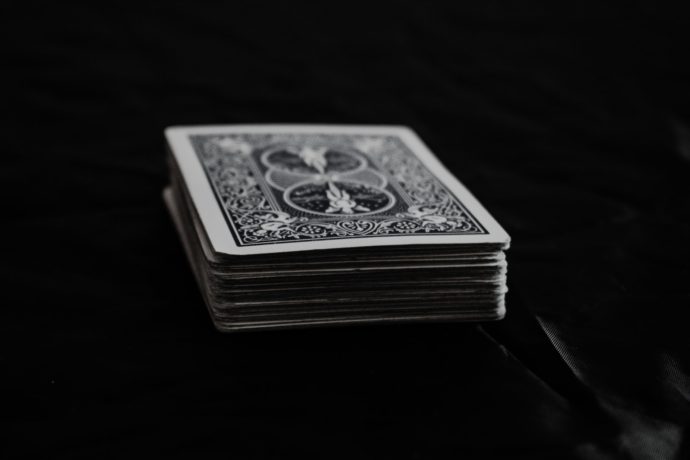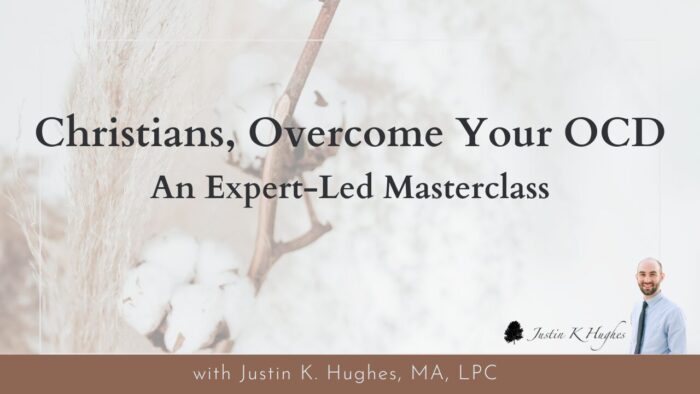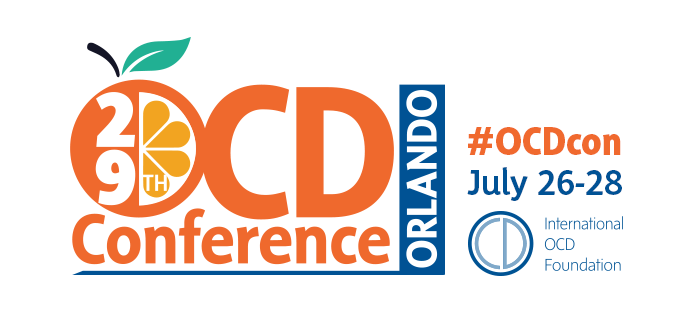
Sometimes it may feel like the odds are stacked against you. For those with Obsessive Compulsive Disorder (OCD), this can seem especially true. For years, while working with hundreds of people with OCD, I have observed severe struggles with decision-making. Recent research reveals a lot more about this—and its relation to Executive Function (EF).
In 2021-2022, I began to see some posts on Instagram that were the clearest presentation of the current science. Lo and behold, they were by Dr. Ana Maria Pereira de Souza, who runs the account @ocdscience (formerly OCDCambridge). Give her a follow as she shares difficult-to-understand research in a simple, relatable way.
I can see Dr. Ana not only as the next wave of researchers benefiting OCD treatment but also someone with excellent skill in translational research (the ability to move scientific discoveries quickly into practice). Keep watching for this rising star. If you want to be the first to know about articles like this, attend special events, and receive free ebooks and more, join my newsletter!
Without further ado, here’s a brief article she wrote!
Why you should not gamble if you have OCD
By Dr Ana Maria Pereira de Souza, @ocdscience
Well, the title is not really fair, as gambling is a major societal issue, especially in the UK. In fact, did you know that gambling addiction costs the UK around £1.27 billion per year? So, having established that gambling is not the best way to use your money, let us move to the reason why this is particularly true for someone diagnosed with OCD.
Why OCD Is Not Considered An Anxiety Disorder Anymore
As you may be aware, OCD is not considered an anxiety disorder anymore. The Diagnostic and Statistical Manual of Mental Disorders (DSM-5), the ‘Bible’ of mental health professionals, has created a new category for OCD in its last edition, moving it from the Anxiety group to a specific one called Obsessive-Compulsive and Related Disorders. Now, I know this causes discomfort to some OCD sufferers, as it seems that your anxiety is not acknowledged anymore when it is a major symptom, however, the change is due to another reason: the underlying mechanisms of the disorder. Let me give you an example: if you have a cardiac condition, your heart may beat more than usual, so you experience tachycardia. If I hide in your house and scream ‘boo!’ the moment you enter, you will get scared (and I arrested, I assume) and experience tachycardia as well. The symptom is the same in both scenarios, but the roots are different. You will treat a cardiac condition in one way and the panic in another (probably by punching me). The same happens with OCD and anxiety. Whilst anxiety is the major symptom, in anxiety disorders, it is caused by dysfunctional emotional regulation, whereas in OCD it is a product of deficits in Executive Functions (EF). EFs are cognitive processes that regulate behaviour, such as planning, cognitive flexibility, inhibition, and the one we are interested in today: decision-making.
Decision-Making Impairment in OCD
Decision-making (you guessed it!) refers to your ability to make decisions. Yet, the less obvious thing is that it comprises many elements, such as learning, information gathering, evidence weighting, among others. For instance, if you want to buy the best pasta for your weekend Bolognese, what do you have to take into consideration? The price of the pasta? How long it takes to cook? The taste? Its nutritive properties? And how do you decide which of these factors is more relevant? Also, when do you stop exploring different options? Those are all aspects of decision-making that we do so routinely that we may not even realise, nevertheless, if you have OCD, I am sure you are well aware of them. Decision-making is one of the executive functions impaired in OCD, which explains why it is so difficult to make choices. But what does it have to do with gambling?
Picking Bad Decks- Exploration and Uncertainty
Well, I can tell you that being a researcher can be very interesting sometimes, because we have some fun tasks! One of them is called the Iowa Gambling Task (guess where it is from?), which consists of learning how to make the most money from four decks of cards. The trick is that the participant knows nothing about the decks, so they have to choose and learn from feedback and probabilities. The decks are also a bit evil, as they contain rewards and punishments, so you can either win or lose money. Participants, thus, have to learn which are the most advantageous decks and avoid the ‘bad’ ones. The second trick is that the decks that give the highest rewards are the same that punish more intensely as well, so the best strategy is to stick with the low reward and low punishment ones (slow but steady wins the race, they say). The interesting part of the story is that people with OCD learn which are the best decks appropriately, however, still choose bad decks! Why is that?
Research with the Iowa Gambling Task in OCD shows that, even with non-impaired learning, participants choose the other decks based on two main reasons: exploration and uncertainty. Exploration is related to information gathering and evidence accumulation. In our example, the person may research 10 different options of pasta before buying one. Uncertainty, on the other hand, refers to the doubt after you have made a choice and the lack of confidence in it – ‘did I buy the best pasta? What if the other was better? What if I checked it wrongly?’. Despite knowing which are the best decks, there is always that feeling of ‘let me check that deck again and see if is still bad. Maybe I am missing something.’
Research shows that individuals with OCD check the bad decks much more often than people without OCD, which results in less money at the end of the task. Also, a lot of time is spent peeking at the bad decks. Conclusion: save time and money by not gambling!








Leave a Reply